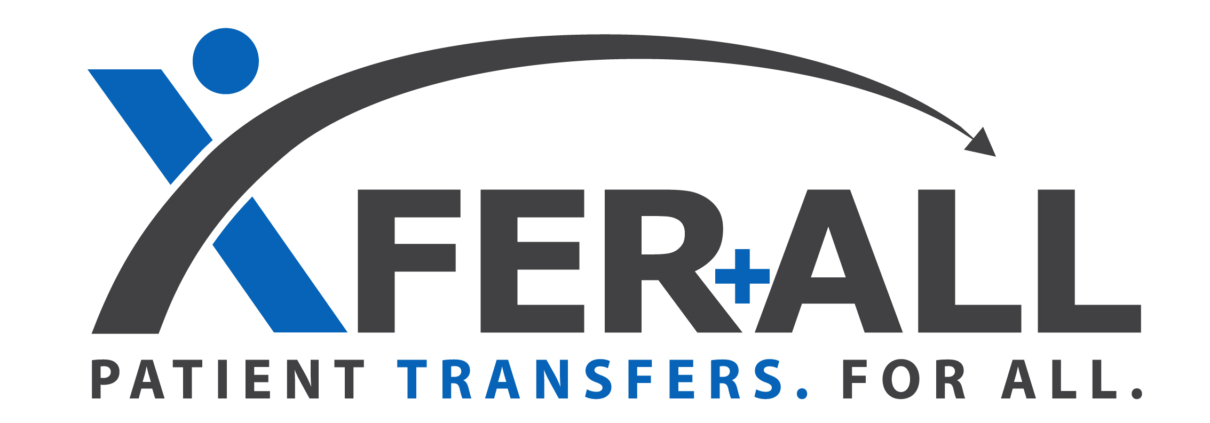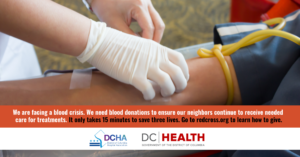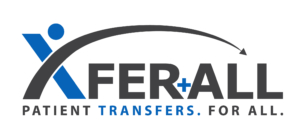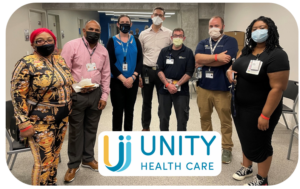Por décadas, tem sido comumente entendido que os indivíduos que passam por uma emergência médica não devem esperar pelo tratamento. As diretrizes de tratamento para indivíduos que sofrem ataques cardíacos, derrames e lesões traumáticas priorizam a resposta rápida. A comunidade médica se refere à “hora de ouro” – os 60 minutos em que uma pessoa ferida ou doente deve receber tratamento definitivo a partir do momento da lesão ou início dos sintomas. Se o atendimento for atrasado além dessa hora, o risco de complicações graves e de longo prazo ou morte aumenta significativamente. Novos sistemas de atendimento, muitas vezes regionalizados, surgiram para garantir que nenhum tempo precioso seja perdido no transporte, estabilização, tratamento e transferência de pacientes.
No entanto, para pessoas que passam por uma emergência psiquiátrica ou de uso de substâncias, uma urgência semelhante associada à mudança do sistema não prevaleceu. Mesmo em 2022, muitos hospitais, equipes de crise, socorristas e outros que precisam levar as pessoas a tratamento de saúde comportamental rapidamente devem contar com processos manuais desatualizados para localizar atendimento clinicamente adequado, o que causa atrasos críticos no atendimento. Em sua busca por colocação, os médicos estão ligando para as instalações e programas de saúde comportamental um a um, deixando mensagens, enviando documentos por fax e aguardando o retorno das ligações. O ato aparentemente simples de transferir um paciente para cuidados de saúde comportamental está exigindo que os médicos gastem inúmeras horas em tarefas administrativas repetitivas que os afastam do atendimento direto ao paciente.
O resultado é que, com demasiada frequência, crianças, adolescentes e adultos que passam por uma crise de saúde comportamental esperam horas ou mesmo dias para serem colocados em tratamento terapêutico clinicamente adequado. Um estudo documenta um tempo médio de permanência no pronto-socorro hospitalar para internações psiquiátricas de 18 horas, em comparação com 5 horas para internações não psiquiátricas.1 Outros estimaram tempos médios de internação entre 6,8 horas e 34 horas para pacientes que necessitam de tratamento psiquiátrico. 2,3
Hoje, esses tempos de espera provavelmente são ainda maiores, pois a pandemia piorou a crise de embarque do ED de duas maneiras. Primeiro, os hospitais estão no limite ou além da capacidade com pacientes com COVID-19 e outras condições físicas graves, juntamente com a crescente escassez de pessoal. Dois, a pandemia e a ansiedade, estresse e isolamento associados contribuíram para uma maior necessidade de cuidados de saúde comportamental, principalmente entre crianças e adolescentes. Hospitais infantis relataram um aumento de 45% nos casos de automutilação e suicídio pediátricos entre janeiro e julho de 2021.4 .5
A missão da XFERALL é economizar drasticamente o tempo da equipe clínica e reduzir a quantidade de tempo que os pacientes passam em EDs esperando por uma transferência para o centro de atendimento mais adequado, aplicando soluções tecnológicas inovadoras. A plataforma permite a comunicação em tempo real para que os médicos que precisam colocar um paciente possam solicitar a colocação em quantas instalações quiserem; receber respostas de instalações ou programas que podem aceitar e tratar o paciente; e compartilhe informações clínicas — tudo em minutos e em uma única fonte. Essa abordagem coordenada permite que cuidadores e pacientes também se envolvam no processo de tomada de decisão.
A Associação de Hospitais do Distrito de Columbia e a XFERALL, a principal plataforma móvel de transferência de pacientes do país, firmaram uma parceria que oferece aos hospitais de DC um novo processo de transferência de pacientes de saúde aguda e comportamental para unidades de saúde clinicamente apropriadas. Para saber mais, junte-se a nós em 10 de maio para um webinar gratuito, Tecnologia de Transferência e Colocação de Pacientes de Saúde Comportamental, e saiba mais sobre este programa e como ele pode ajudar a melhorar o acesso de pacientes em crise.
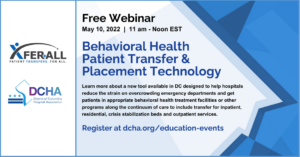
1 Nicks BA, Manthey DM. O impacto da internação de pacientes psiquiátricos em serviços de emergência. Emerg Med Int 2012; 2012: 360308.
2 Weiss AP, Chang G, Rauch SL, et al. Determinantes relacionados ao paciente e à prática do tempo de permanência no departamento de emergência para pacientes com doença psiquiátrica. Ann Emerg Med. 2012;60(2):162–71.
3 Tuttle GA. Acesso a leitos psiquiátricos e impacto na medicina de emergência. Chicago, IL: Conselho de Serviço Médico, Associação Médica Americana; 2008.
4 Pediatras, Psiquiatras Infantis e Adolescentes e Hospitais Infantis Declaram Emergência Nacional em Saúde Mental Infantil, 19 de outubro de 2021.
aacap.org/aacap/zLatest_News/Pediatricians_CAPs_Childrens_Hospitals_Declare_National_Emergency_Childrens_ Mental_Health
5 Ibid

